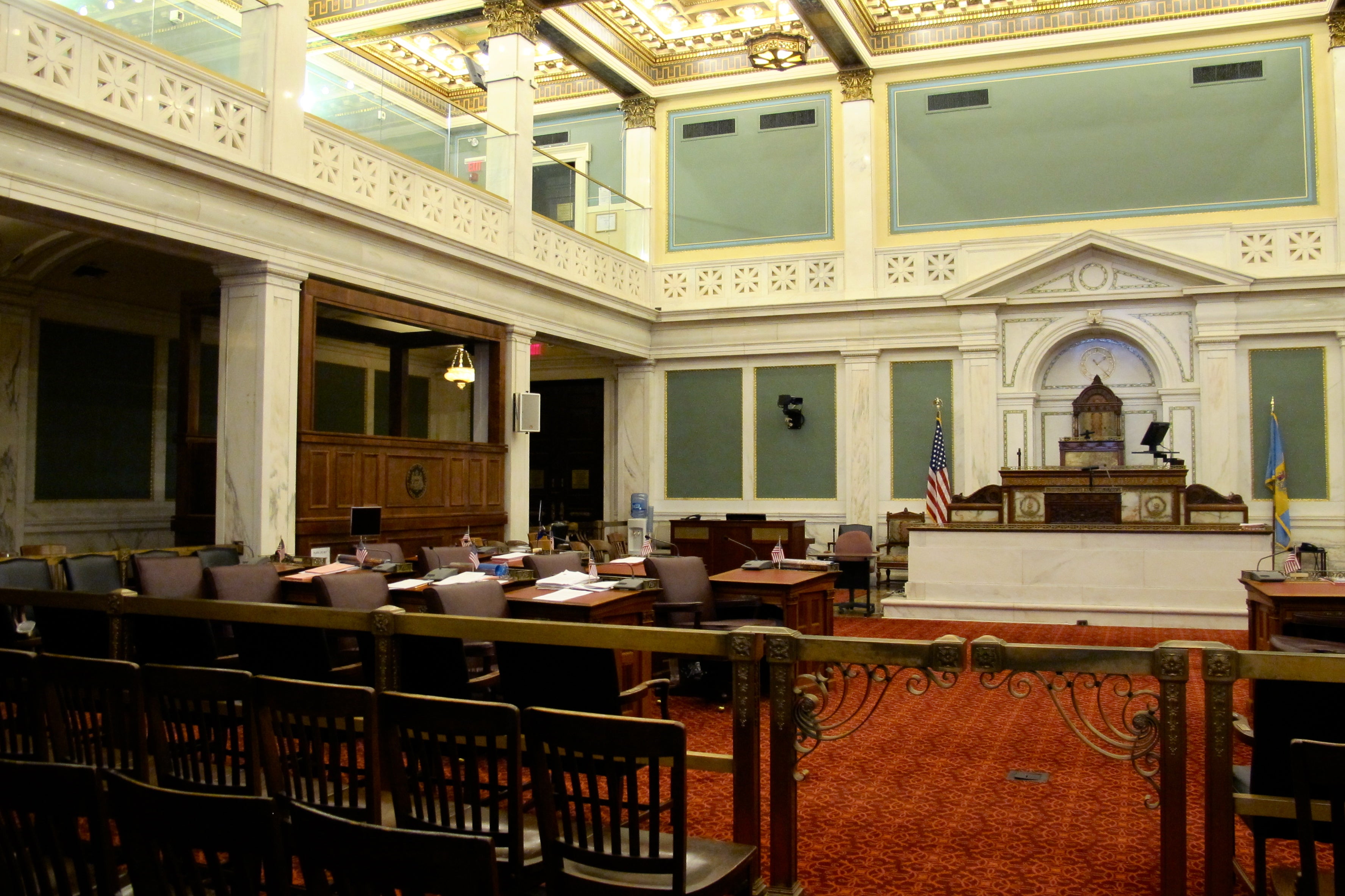O’Neill bill to codify councilmanic prerogative amended, but opposition remains

Councilman Brian O’Neill’s bill requiring a district councilmember’s support for any proposed subdivision was amended during a Rules Committee hearing on Tuesday, but the proposed changes failed to ameliorate the bill’s opponents.
The amendment was added to the bill just moments before the hearing began, preventing the speakers called on to testify before the committee a chance to review it in advance. Still, James Maransky of the Building Industry Association and Greg Pastore, a former member of the Zoning Board of Adjustment and Zoning Code Commission, both urged the committee to oppose the amended bill.
Currently, when a developer proposes to subdivide a property and create new public rights-of-way, which would be added to the city street grid, the preliminary plat—the map showing the proposed new subdivision—is first submitted to the Philadelphia City Planning Commission for review, along with reviews by the Water Department and Streets Department. If those check out, the subdivision plans still require City Council to sign off in the form of an ordinance approving the creation of new public streets.
The bill as originally drafted required developers proposing a subdivision to get a letter from the district councilmember before the Planning Commission could conduct its review.
The amendment replaces that letter of support with a full ordinance passed by City Council and signed by the Mayor.
While this would no longer codify councilmanic prerogative, as the initial bill was widely described as doing, it does enshrine the practice. Thanks to the tradition of prerogative, district councilmembers would still be counted on to introduce a subdivision ordinance, and would thereby still have the power of a pocket veto over proposals in their districts.
Under the current system, district councilmembers sometimes get accused by developers of holding up or blocking plats that have received preliminary approval from the administrative review. Discussing the original legislation, O’Neill told PhillyMag that his proposal aims to simply prevent that misunderstanding—if council won’t support the bill in the end, it’s just wasted time.
Under the new legislation, plats will need to be introduced as ordinances twice, inherently slowing down development. Council also would have no technical guidance other than the developer’s word on the first go around.
During his testimony, Pastore argued O’Neill’s proposal—be it a councilman’s letter or a full ordinance—puts the horse before the cart.
“There’s a reason planning goes first,” said Pastore during his testimony. “They’re supposed to plan. They’re supposed to analyze and decide if a plan makes sense.” Pastore argued that the proposed legislation would force councilmembers to approach their constituents without sufficient information about the proposals to gather meaningful feedback.
Pastore also noted a typo in the legislation, which purports to amend Section 14-303 of the Philadelphia Code, titled “Specific Procedures.” That section is actually 14-304.
Eleanor Sharpe, deputy executive director of the Planning Commission said that the commission will review the bill as amended at its June 14th meeting. In her submitted written testimony, based on the original bill, Sharpe wrote that the city’s Law Department concluded that the original legislation would “exceed City Council’s authority under the Charter, would likely be struck down by the courts, and is unenforceable.”
WHYY is your source for fact-based, in-depth journalism and information. As a nonprofit organization, we rely on financial support from readers like you. Please give today.






